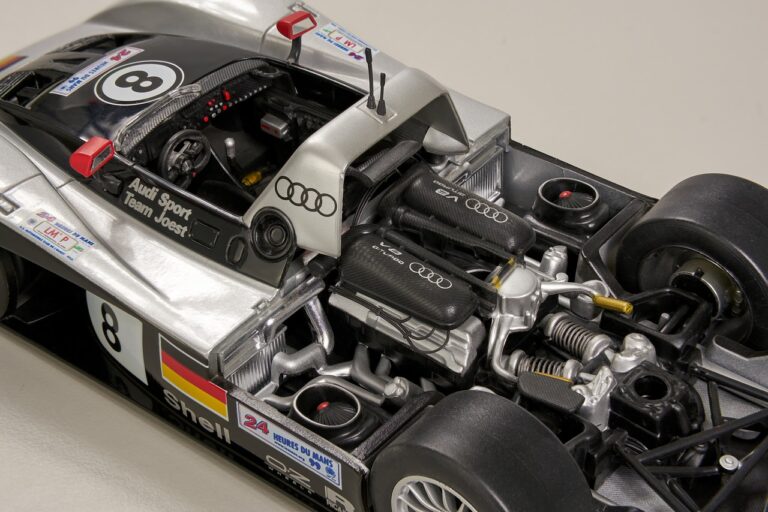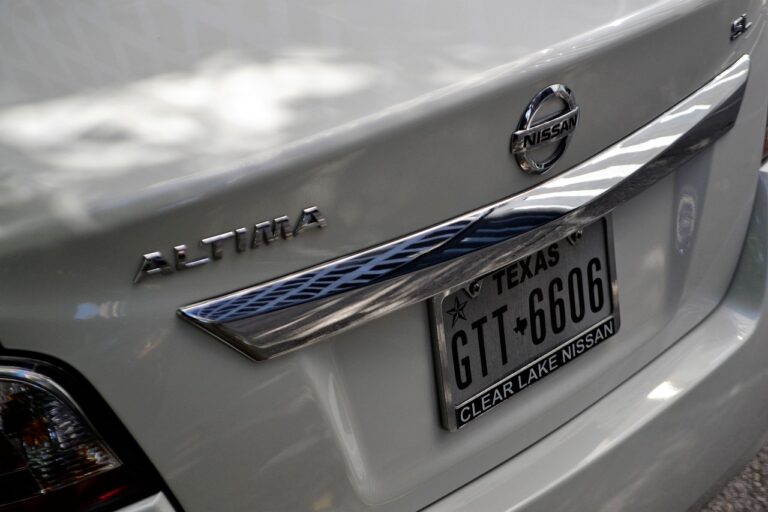The Impact of Electric Cars on the Automotive Workforce
Traditional automotive workers are encountering a myriad of challenges in today’s rapidly evolving industry. One significant obstacle is the need to adapt to new technologies and manufacturing processes as the automotive sector shifts towards electric vehicles. Many workers are finding themselves in a position where their existing skills and expertise are becoming outdated, posing a threat to their long-term employability.
Moreover, the increasing automation within the automotive industry is also a major challenge faced by traditional workers. As more tasks become automated, there is a growing concern about job security among traditional automotive workers who fear being replaced by machines. This shift towards automation not only impacts individual job roles but also requires workers to undergo retraining and upskilling to remain relevant in the changing automotive landscape.
Transition to electric vehicle production
The automotive industry is currently experiencing a significant shift as more manufacturers are transitioning towards producing electric vehicles (EVs). This switch is driven by the increasing global concern for environmental sustainability and the push towards reducing carbon emissions. As a result, traditional automotive workers are facing challenges adapting to this new trend.
One of the primary obstacles faced by traditional automotive workers is the need to acquire new skills and knowledge related to electric vehicle technology. EV production requires a different set of expertise compared to traditional combustion engine vehicles, including proficiency in battery systems, electrical components, and software integration. This transition demands continuous learning and upskilling to meet the evolving demands of the industry, posing a steep learning curve for many workers accustomed to conventional vehicle manufacturing processes.
Rise in demand for electric vehicle technicians
The automotive industry is experiencing a surge in the demand for electric vehicles, leading to a consequential need for skilled electric vehicle technicians. As electric vehicles become more popular, traditional automotive workers are finding themselves faced with the challenge of adapting to the evolving technology. The transition to electric vehicle production requires a different set of technical skills and knowledge compared to traditional gasoline-powered vehicles, necessitating the upskilling of current workforce or the hiring of new specialized technicians.
With the rapid advancement of electric vehicle technology and the push towards a more sustainable future, the need for proficient electric vehicle technicians is steadily increasing. These technicians play a crucial role in the maintenance, repair, and diagnosis of electric vehicles to ensure their optimal performance. As the market for electric vehicles continues to grow, there is a mounting pressure on the automotive industry to recruit and retain skilled professionals who are well-versed in the intricacies of electric vehicle systems.





